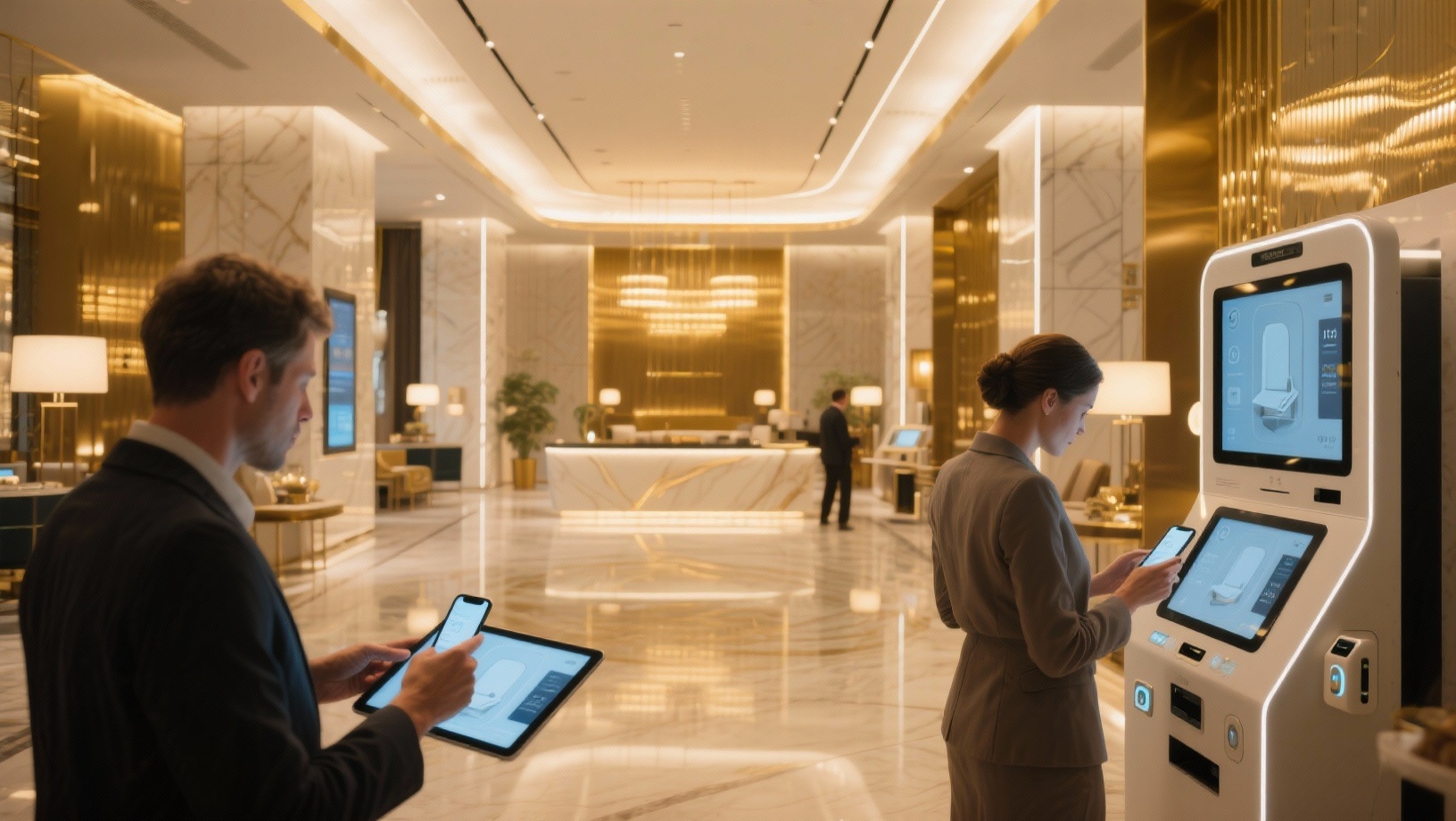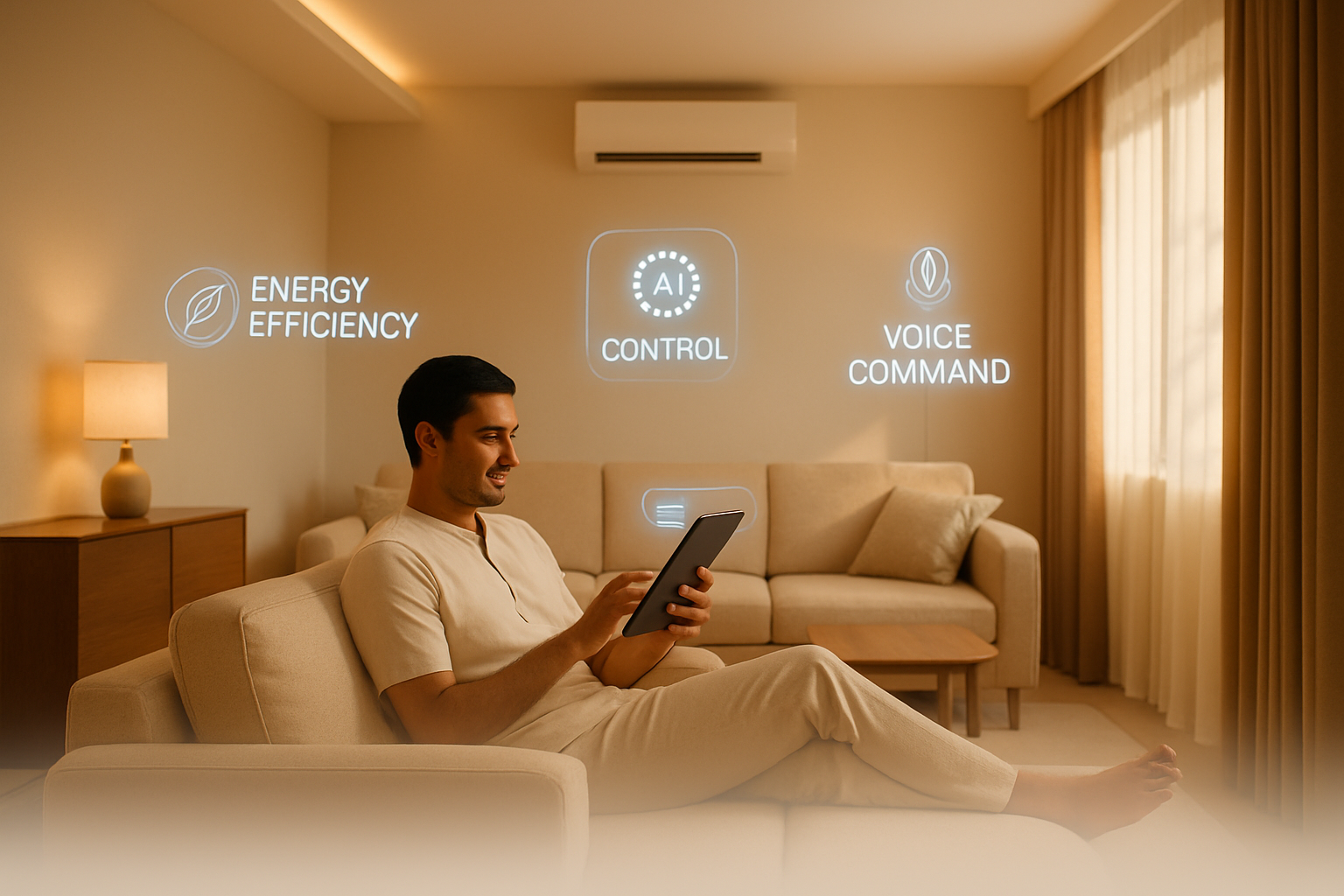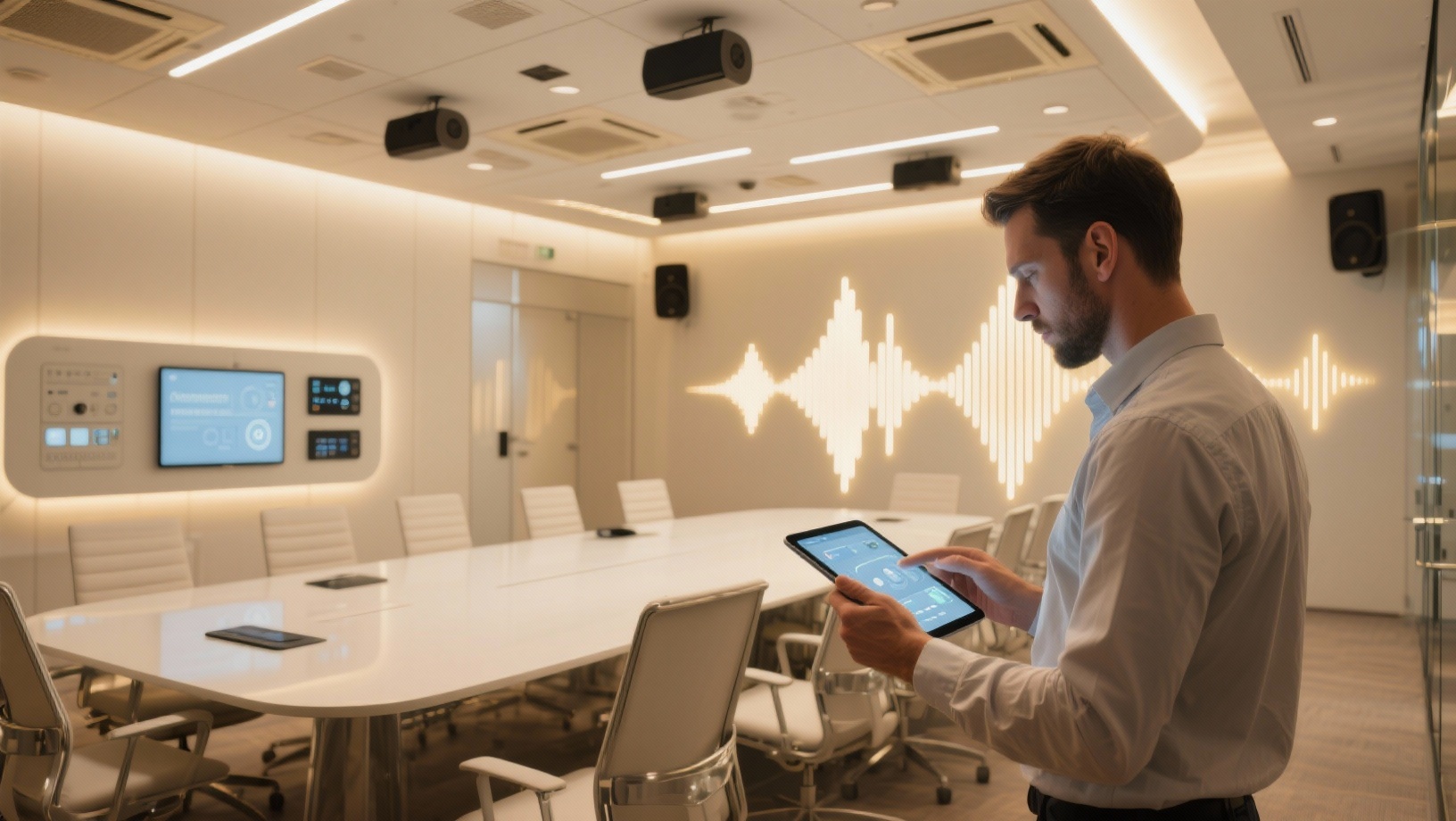
We know we all look for those big changes, and you, as a hotelier, must also be looking for all new developments in the field of AI that will not just make things a little faster but totally transform the guest experience and boost your profits. That big change is happening now, and it is powered by hotels automation systems.
For years, we thought advanced technology was only for the massive hotel chains. Not anymore. Today, everybody has access to powerful automation, and, honestly, to be competitive, you need it. But buying the tech won't save you unless you have a smart plan. You need to implement tactics that use these tools to create lasting, seamless experiences that surprise your guests, while quietly improving your hotel operations to be easier and more profitable.
We have listed seven game-changing tactics that go way beyond a simple booking button and define what hospitality automation truly means in the modern hotelier world. If you are a hotel owner looking to go to the depth of the hotel management system, read on.
1. Front Desk: The Self Check-In System
We have all been there, done that: stepping off a plane or train or coming directly from a long and tiresome journey via car, tired, and immediately having to wait in a long line at the front desk just to complete the check-in formalities. That frustrating wait is exactly what your first game-changing tactic eliminates.
True mobile-first automation does much more than just send a pre-check-in email. It brings together digital registration, payment handling, and the mobile key, all into one easy guest app. What does this mean for you? This means the moment your guests enter your hotel, they can walk straight to their room and unlock the door with their smart devices.
This helps your front desk, as they stop being clerks who process paperwork and are free to focus on real, face-to-face interactions and solving important problems. This is a complete modernisation of your guest entry process, driven by strong hotel automation systems.
2. The Conversational Doorman: One That Never Sleeps
What if your guests are greeted by a full-time, multilingual, perfectly polite doorman available at all hours? Won’t this help you save a lot of money? A single AWe janitor/doorman will be enough to entertain all guests.
The majority of up-to-date hotel management systems can interface with smart AWe tools which can handle up to 80% of common queries made by guests, for example, "What time is breakfast?", "Can we get another towel?", or "What is the Wi-Fi password?" Automating simple, repetitive conversational chats not only provides the guest with instantaneous answers—an essential requirement for guest satisfaction—but also, should a complicated situation arise, the chatbot will pass the conversation to one of your human team members, having provided the whole chat history to the team member so that he/she can dive directly into the conversation.
3. Identifying Issues: Fixing Problems Before They Arise
If your staff has to wait for a guest to report any issue like a disrupted power supply or a broken air conditioner, you are already losing. Predictive maintenance is the moment your hotel automation system project truly becomes proactive.
Let us take an instance. The AC in room No. 370 of your hotel rooms starts to malfunction. Before your guest can complain about it, the mini IoT sensors placed on your equipment, like AC and heaters, will indicate the issue in real time. You can take care of it immediately.
4. Dynamic Pricing: The Invisible Revenue Manager
If you’re still setting room rates based on what you charged last month or just guessing how busy you’ll be, you are definitely missing out on revenue. The fourth game-changing tactic is using automation to implement truly dynamic, data-powered pricing.
Modern revenue management is a core feature of high-quality hotel management systems. These solutions constantly read and analyse huge amounts of data: competitor prices, local events, weather reports, and how quickly your rooms are booking up. In moments, the system can adjust rates for every room type across every online channel. This isn’t about random price changes; it’s about figuring out the precise highest price a specific customer is willing to pay at that moment, guaranteeing you capture maximum revenue without your team lifting a finger.
5. Hyper-Personalized Room Environments (The ‘Smart’ Stay)
When a guest who stays with you often walks into their room, should the room know their preferences? With integrated smart room technology, the answer is a resounding yes.
This tactic turns a room into a personal sanctuary. Using data from their past visits (or pre-arrival choices collected by your hotel automation solutions), the system automatically adjusts:
- Temperature: Set to their preferred 72 degrees.
- Lighting: Tuned to a relaxing “Warm White” scene.
- Entertainment: The TV greets them by name and perhaps suggests their favourite streaming service.
This deep level of customised comfort changes the stay from a simple transaction into a memorable experience. It is the kind of subtle, intelligent luxury that leads to five-star review scores and incredible guest loyalty.
6. Automated Feedback and Reputation Capture
Guest survey responses are vital for a great hotel, but paper surveys and generic post-stay emails seem outdated. A hotel automation solution makes it easy to capture how your guests are feeling when it counts the most: right now.
Prepare and integrate messages via text or app (whichever you prefer). Your guest will receive that after key service experiences—an hour after they check in, after they enjoy a hearty meal, when they are ready to leave, etc. This will help you get a grip on your guests’ experience, which will eventually help you better your services and know what works well for the guests.
7. The Unified Data Hub: Ending System Silos
The last and the most important strategy is attaining a complete system integration. Most hotels have too many fragmented technologies – they have a program to book in, a program to record the history of the guests and another to maintain. This division is the greatest obstacle to efficiency.
You should aim at consolidating your core hotel automation system project into a single hub. This implies that your Property Management System (PMS), CRM, and revenue management, as well as your mobile key access, are all communicating. When a guest arrives, the system automatically changes his/her profile, informs the housekeeping, informs the revenue manager, and changes the maintenance record in case a minor problem was identified. The single platform means that there is no need to manually enter any data, that all people are always using the same and correct data on the guests and opens up the real, combined potential of all the other tactics that we have talked about.
The Ultimate Reward: Excellent
We know that investing in technology can feel like a cost, but these tactics are not expenses; they are initial investments that will yield results in the long run.
By integrating smart automation into your hotel, you save money on wasted energy. You can do cost-cutting by limiting your staff. You get to save on major equipment/device failure. You increase your revenue by selling every room at great prices. Most importantly, by offering the best user experience with personalised and quick service, you create satisfied guests. Happy guests mean great reviews, and great reviews, as you know, directly contribute to direct bookings and excellent ROIs. When you execute smart automation tactics, your hotel automation systems become a profit centre, not just a tool for saving your much-valued time and money.


